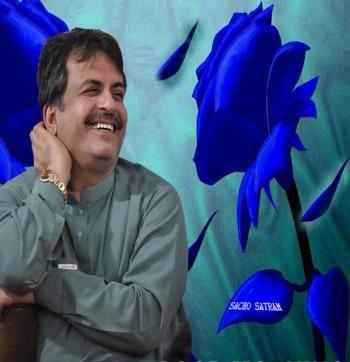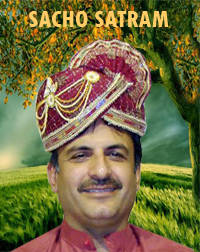Good character, intelligence, and a positive culture are often inherited, with children absorbing these qualities from their parents. The rules and regulations established by a specific religion can serve as a guide to prevent wrongdoing among its followers.
All religious rules and regulations are crafted to enhance the well-being of humanity. Religion imparts the discipline needed to lead a purposeful life, and a person’s virtues are often mirrored in their words.Peace can be categorized into four types,
1.Materialistic Peace.
This form of peace is tied to possessions, like houses or cars. When people lack these material things, they often feel unhappy and distressed.
2. Environmental Peace.
This refers to the equilibrium disrupted by natural events, such as earthquakes, heavy rains, or floods, which can disturb one’s peace of mind.
3. Emotional and Mental Peace.
Peace of mind can be disrupted by conflicts with others, harboring negative feelings or resentment, or being upset for various reasons.
These disturbances are transient and cannot be entirely eliminated. They are an integral part of human life. Hence, during prayers or pujas, the chant “OM Shanti, Shanti, Shanti” is repeated three times to seek harmony and tranquility in all three aspects.
4. Spiritual peace
This form of peace remains unaffected by external circumstances. Whether happiness or sorrow enters your life, your inner peace remains unshaken. This is genuine spiritual peace, impervious to life’s fluctuations and disturbances. In spiritual peace, everything is in equilibrium, including happiness, sorrow, ego, honesty, and self-esteem.
When one attains spiritual peace, they draw closer to divinity and the Almighty, transcending the ordinary ups and downs of life.




